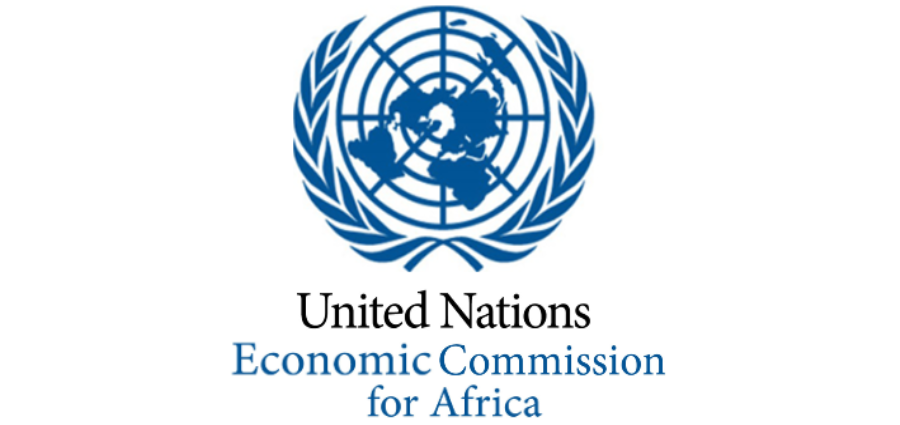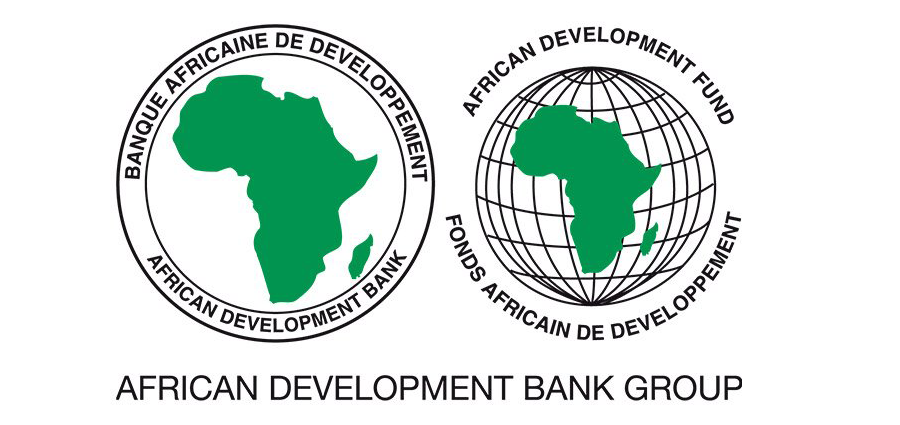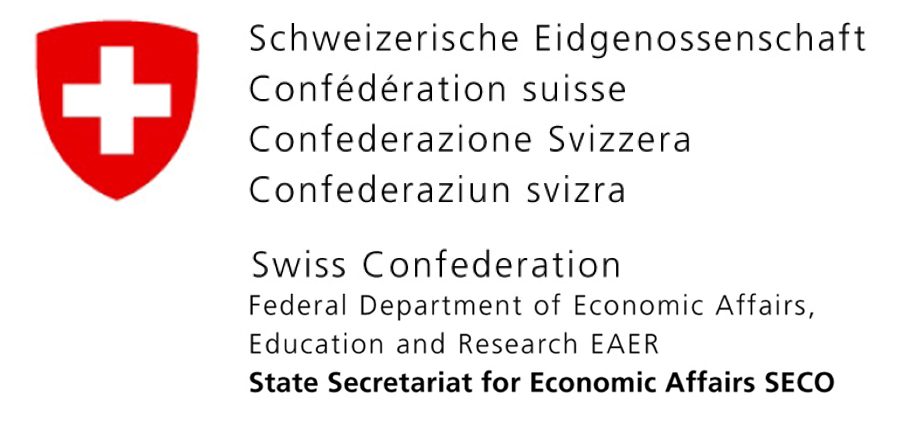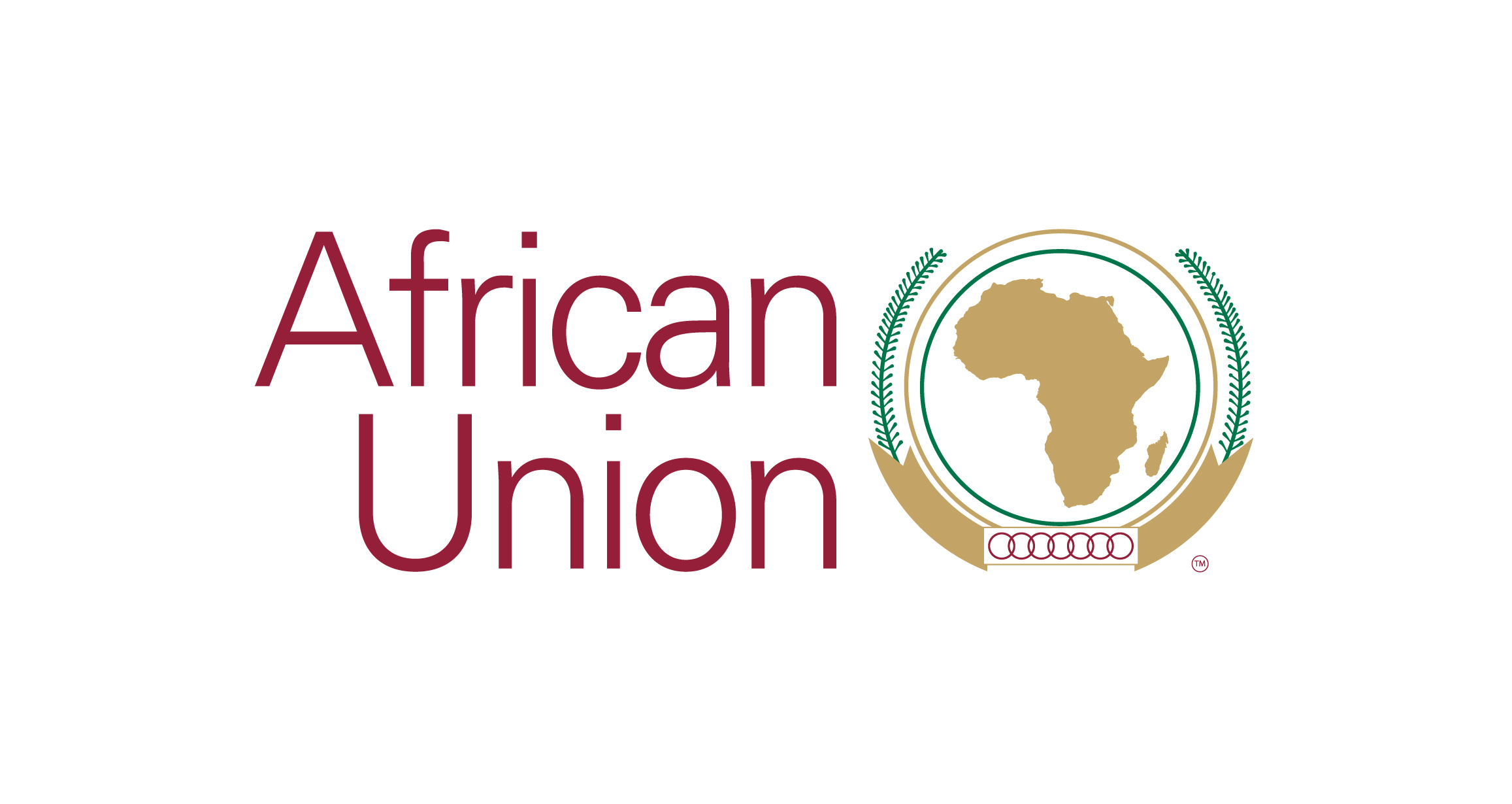Reducing Road Traffic Deaths in Africa: A Data-Driven Monitoring Framework for Action
Road traffic crashes are a global crisis, claiming 1.19 million lives in 2021 alone. Nowhere is this crisis more acute than in Africa, where the road traffic death rate stands at over 19 per 100,000 population—nearly three times higher than Europe's rate of 7 per 100,000. This alarming statistic underscores a critical public health and development challenge that demands immediate and sustained action.
Recognizing the gravity of the situation, African countries embraced the United Nations Decade of Action for Road Safety 2021–2030. This ambitious initiative aims to halve road traffic fatalities and serious injuries by 2030. However, achieving this target requires more than just commitment. It necessitates a framework that is grounded in the reality of a country's capacity, ensuring that it is both practical and achievable, while also providing a robust mechanism for monitoring progress and guiding interventions.
Introducing the Road Safety Performance Monitoring Framework (RSPMF)
Enter the Road Safety Performance Monitoring Framework (RSPMF), an initiative developed by the Africa Transport Policy Program (SSATP). The framework is designed to systematically track road safety performance across African countries, providing a clear roadmap for reducing traffic-related fatalities and injuries.
The RSPMF serves multiple critical functions. It enables periodic assessments of road safety status, ensuring that countries can identify areas needing improvement. It also fosters accountability by holding countries responsible for their safety performance and progress towards set targets. Moreover, it facilitates evidence-based decision-making, offering data-driven insights to inform effective road safety interventions. Lastly, it promotes benchmarking, allowing countries to compare their performance and learn from good practices.
The design of the RSPMF is rooted in the pillars of the Decade of Action and the African Road Safety Action Plan 2021–2030. It prioritizes 14 safety performance indicators (SPIs) that measure progress across the five pillars of the Safe System approach:
- Road Safety Management: Evaluates sustainable funding, empowered RSLAs, effective data management, comprehensive strategies, adherence to UN legal instruments, and integrated transport and land-use planning.
- Road Infrastructure Safety: Assesses attributes such as lane width and road shoulder quality.
- Vehicle Safety: Monitors compliance with safety standards.
- Safe Road Users: Tracks behaviors including alcohol use, mobile phone use, speeding, helmet-wearing among cyclists and motorcyclists, and seatbelt usage.
- Improved Post-Crash Response: Measures critical metrics like average Emergency Medical Services (EMS) response times.
The development of the RSPMF involved extensive stakeholder engagement to ensure it reflects the unique needs and opportunities in Africa. Approximately 45 participants—including representatives from Road Safety Lead Agencies (RSLAs), 13 African countries, international development partners, and technical experts—collaborated to shape the framework.
Building Capacity for Sustainable Road Safety Improvements
Understanding that African countries vary widely in their data management capacities, the RSPMF adopts a progressive approach to implementation. This begins with comprehensive capacity assessments to determine each country's ability to collect, analyze, and report road safety data. Based on these assessments, tailored capacity-building programs are developed to address specific needs, providing technical training and necessary resources.
To ensure inclusivity, the RSPMF starts with a minimum set of core indicators that all countries can implement. As countries enhance their data systems, additional indicators are introduced, fostering continuous improvement and adaptation.
Driving Change Through Leadership and Collaboration
The successful implementation of the RSPMF hinges on strong institutional leadership and coordination. The African Road Safety Observatory (ARSO), in collaboration with SSATP and the World Health Organization (WHO), plays a pivotal role in this regard. Supporting the RSPMF implementation will entail facilitating information sharing, mobilizing resources for capacity development, and ensuring alignment with global road safety targets and the respective Sustainable Development Goals (SDGs).
A significant achievement of this collaboration will be the upcoming launch of the African Continental Road Safety Report. This report will become an essential tool for African countries to regularly utilize and share the results of the proposed monitoring framework. By systematically monitoring road safety performance and implementing timely corrective measures, African countries can make substantial progress in reducing road traffic fatalities and injuries, paving the way for safer and more inclusive mobility for all.








